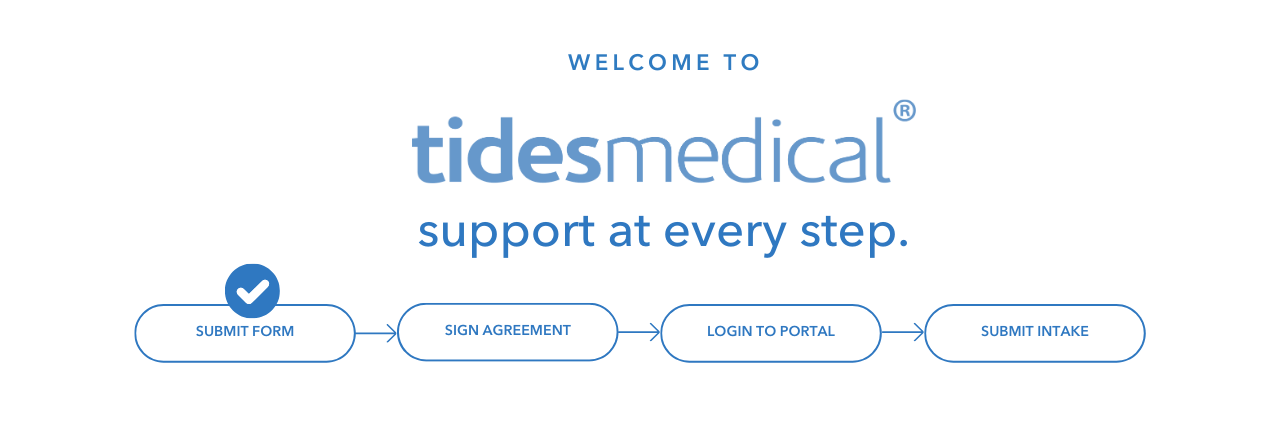At Tides Medical, we are in the business of helping people. Our main goal is to make our amniotic wound care products available to all who need them. While this may be our primary goal, we also strive to provide as much knowledge as possible to physicians and end consumers on both wounds and the advanced wound care products we supply. The treatment process of chronic wounds can differ for everyone, and many factors can aid or prolong that process. This post aims to provide information regarding the environmental factors that impact wound care.
Our environmental surroundings impact many aspects of the treatment process for chronic wounds. Advanced wound care products thrive in specific environments. Below are a few environmental things to consider when working with chronic wounds and advanced wound care products.
Environmental Factors in Wound Care: How Surroundings Affect the Healing Progress
- Hygiene and Cleanliness: Clean surroundings are crucial to prevent infection, which can impede healing. Dust, dirt, and other contaminants can introduce bacteria to the wound, leading to complications and delaying healing.
- Moisture Control: Proper moisture balance is essential for chronic wound treatment. Excessive moisture can lead to maceration of the wound bed, while dry environments can slow healing.
- Temperature and Humidity: Extremes in temperature and humidity can negatively impact wound healing. Extreme cold can reduce blood flow to the wound site, while excessive heat can increase the risk of infection and tissue breakdown. Maintaining a comfortable temperature and humidity level can promote optimal healing conditions.
- Psychological Factors: Surroundings that promote a positive psychological state can contribute to better wound healing outcomes. Creating a calming and supportive environment can reduce stress levels and enhance the body’s natural healing processes.
- Nutrition and Access to Resources: Adequate nutrition is essential for wound healing. Surroundings that provide access to nutritious food and resources for advanced wound care support the body’s healing efforts. Additionally, access to healthcare professionals and amniotic wound care products can improve treatment outcomes for chronic wounds.
- Social Support: Social support from family, friends, and healthcare providers can positively impact the healing progress of chronic wounds. Surroundings that foster a supportive network can reduce feelings of isolation and promote adherence to treatment regimens, leading to better outcomes.
- Accessibility and Mobility: For individuals with chronic wounds, accessibility to healthcare facilities and resources is essential for timely intervention and treatment. Surroundings that accommodate mobility aids and facilitate access to care promote continuity of treatment and support healing progress.
In summary, creating an environment that addresses these factors can optimize healing outcomes for individuals with chronic wounds. Your physician will be able to assist and guide you on ideal environmental elements for your specific chronic wound and take care of the wound site if you will be taking care of it from home; stay tuned for future posts on best practices and how to navigate wound care with the right supplies and techniques.
Contact Tides Medical with any questions about our many advanced wound care products and for more tips on creating an ideal environment for your wound site.



 Marc Stemler,
Marc Stemler,  Mora Melican, Ph.D., VP of Operations, Research & Development
Mora Melican, Ph.D., VP of Operations, Research & Development LESA CATALON,
LESA CATALON, DAVID CASTILLE,
DAVID CASTILLE,




 JOSH WILLETT,
JOSH WILLETT, JEFF MONTGOMERY,
JEFF MONTGOMERY, MIKE RIDDLE,
MIKE RIDDLE, BENJAMIN KIMBALL,
BENJAMIN KIMBALL, DOUG PAYNE,
DOUG PAYNE, JOE SPELL,
CEO
JOE SPELL,
CEO


